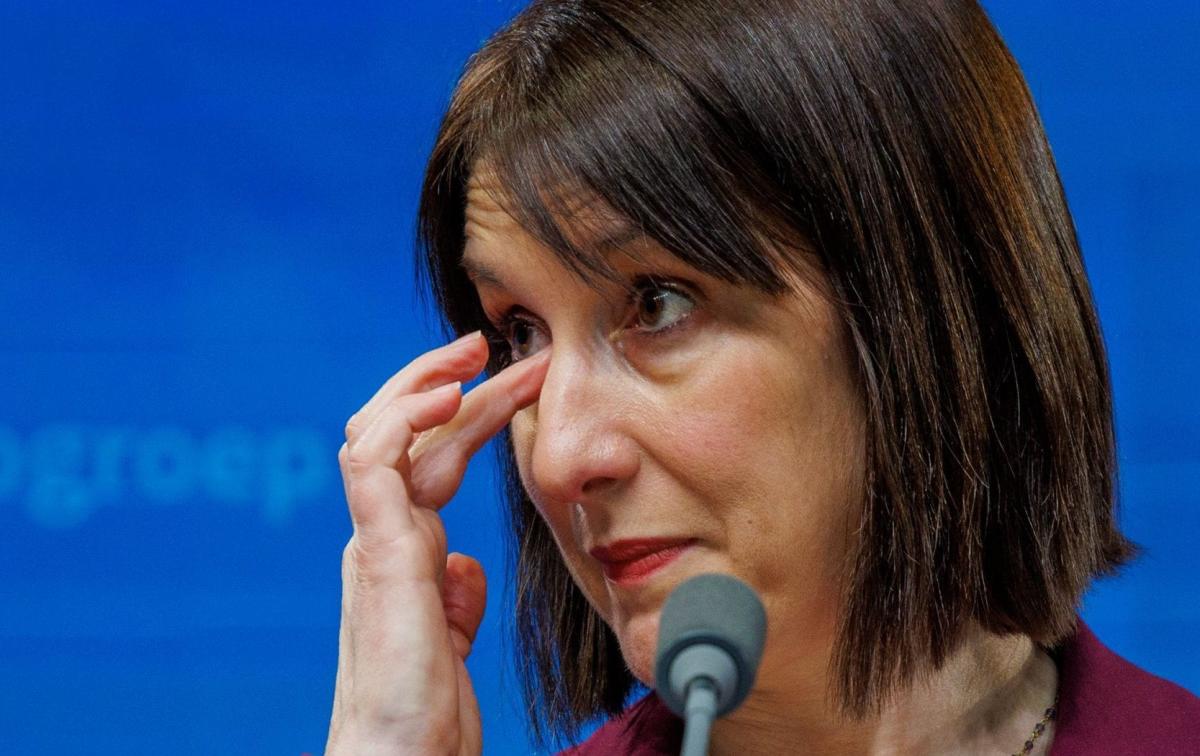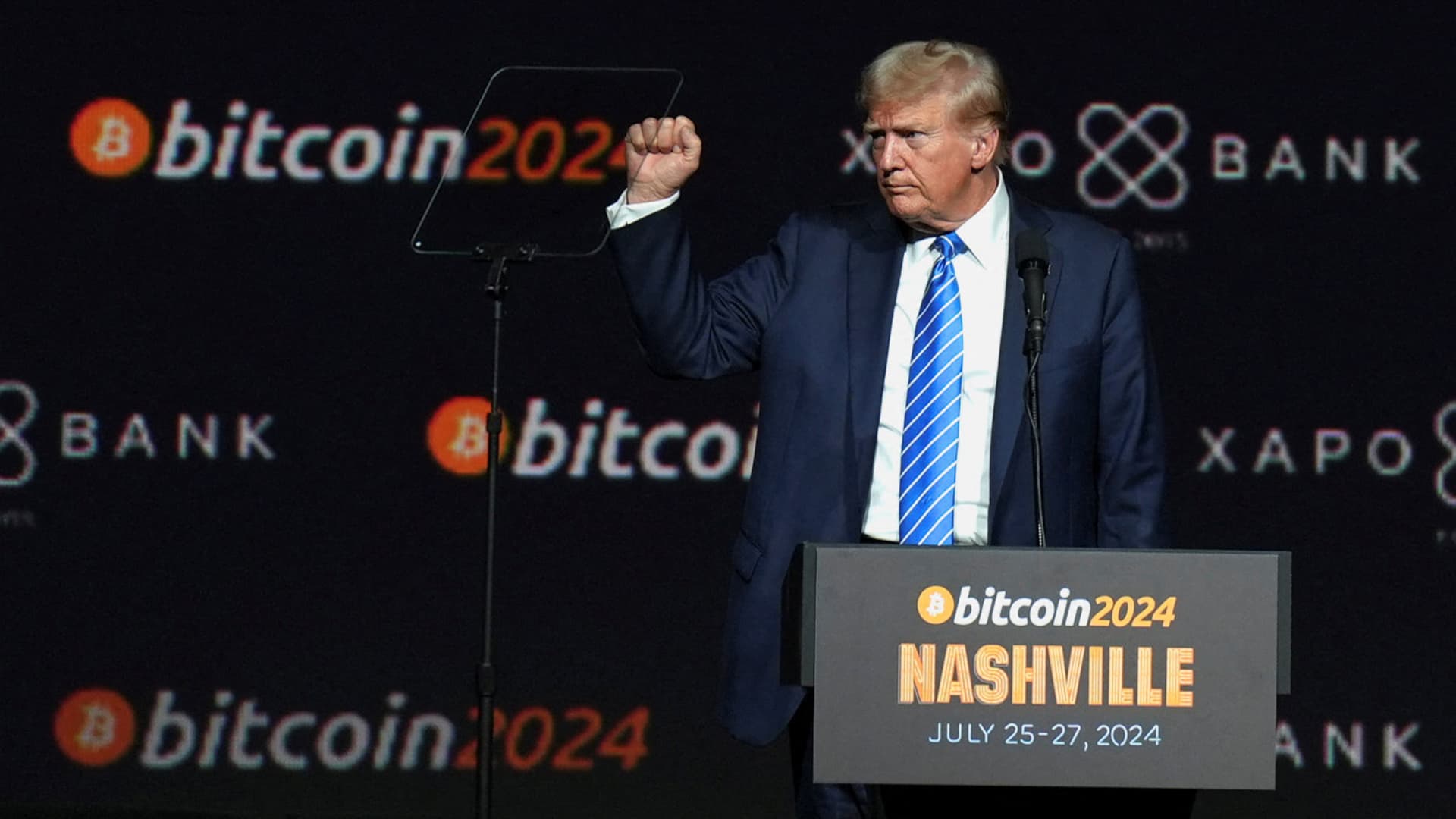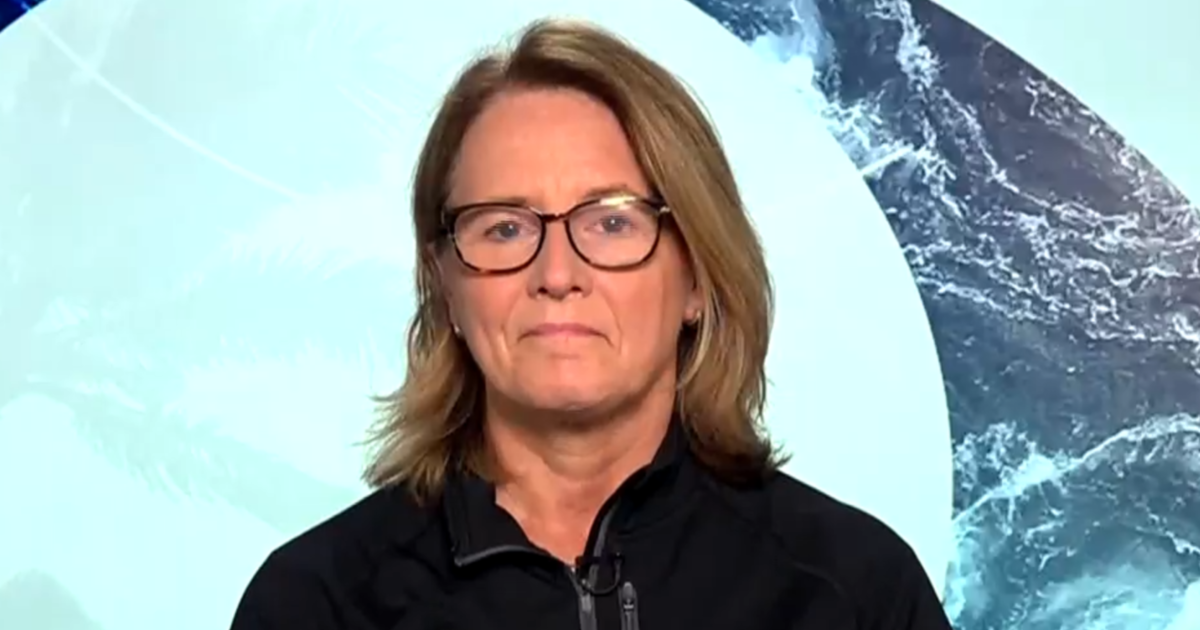Turmoil in the bond market has prompted a surge of interest from everyday savers seeking to take advantage of higher returns.
Retail investors are rushing to buy gilts – as UK Government bonds are known – after a recent surge in their yields, which are the effective interest rate offered.
Andy Bell, the founder of AJ Bell, one of Britain’s leading consumer stockbrokers, said monthly buying volumes for gilts were now “about six times higher than they were in autumn 2022” after Liz Truss’s mini-Budget triggered a similar spike in bond yields.
Rival platform Hargreaves Lansdown said data for the four days to Thursday January 9 showed it was already the busiest week for UK bond purchases since October.
The uptick comes after a surge in gilt yields over the past week, triggered by concerns about low growth and rising inflation in Britain. Yields are the interest rate paid on bonds and the market moves are a sign that investors are demanding higher returns to lend money to Britain.
Mr Bell said: “The higher yields go, the more compensation would-be buyers are getting for the risks involved, such as inflation, or changes in interest rates.
“Customer interest in UK gilts started to pick up when yields spiked higher under Liz Truss and it has kept on climbing ever since. It has taken a further step up this week, and a big step up, too, for both short and long duration.”
While retail investors are buying gilts, major City institutions such as pension funds and asset managers are avoiding or selling UK government debt, which is why yields are rising.
The interest rate on 30-year government bonds hit its highest level since 1998 last week in a sign of the scale of investor concerns. Meanwhile, the Government now has to pay 4.8pc to borrow for a decade, up from 3.8pc as recently as September.
The market moves have put Rachel Reeves at risk of breaching her fiscal rules and put pressure on her to find new ways to balance her Budget.
Investors are bracing themselves for more bond ructions this week when markets re-open on Monday morning.
Nuwan Goonetilleke at Phoenix Group, Britain’s biggest long-term savings and pensions provider, said: “Fundamentally, the Government and Rachel Reeves have got into an unintended fight with the bond market around sluggish growth, and there is no real way out of that. Prudence is required in terms of spending.”
Worryingly, the pound has also weakened alongside rising gilt yields in a sign that international investors are avoiding the UK altogether. Sterling fell to a two-year low against the dollar on Friday.
A weak currency would usually make high-yielding bonds attractive to international investors, given they are cheaper to purchase. However, Mr Goonetilleke said the pound would have to fall further to tempt buyers. He said: “A level of currency weakening is required to make gilts attractive to foreign investors.”
Phoenix has not sold gilts in the recent bout of turmoil but Mr Goonetilleke cautioned that the slump in the market was “a clear amber warning” to the Chancellor.
Mr Bell said: “Everything has its price and at some stage you would expect income seekers to start looking at UK gilts – especially from overseas if the pound keeps going down, as a cheaper currency would be an added attraction for non-UK buyers.”
Amid a sell-off in UK bonds last week, Europe’s largest asset manager Amundi added to its gilt holdings in its global portfolios on Friday.
Gregoire Pesques, an investment chief at the $2 trillion asset manager, told Reuters that the rise in bond yields had made potential returns more attractive.
Peter Hargreaves, the founder of Hargreaves Lansdown, said that an interest rate rise “could boost the pound so some overseas institutions might buy gilts to ride a potential rise in sterling”.
However, Iain Barnes at Netwealth said most investors were still sceptical of buying British bonds given the state of the economy. He said: “Markets are no longer giving the UK Government the benefit of the doubt and a weakening sterling is a sign of no confidence.
“Expected returns from gilts are increasing, but we are not at this moment dialling up our allocation.”
The rise in debt costs threatens to completely wipe out the £9.9bn of headroom that Ms Reeves had pencilled in against her new borrowing targets. This could in turn force her to cut back spending plans or raise taxes to plug the gap.
Hargreaves Lansdown, gilts, interest rate, bond yields, gilt yields, Andy Bell, bond market, Liz Truss, Retail investors, international investors, Phoenix Group, Rachel Reeves, government bonds, asset managers, AJ Bell
#Savers #pile #bonds #markets #brace #turmoil



